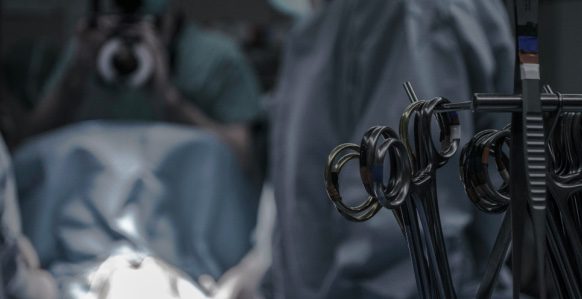
A look behind the scenes of a global kidney trafficking syndicate
At just 22 years old, Amon Kipruto Mely believed selling his kidney would be his ticket out of poverty. Living in a small village in Kenya, Amon struggled to survive in the aftermath of the COVID-19 pandemic. Then a friend introduced him to what seemed like a miracle opportunity. “He told me selling my kidney would be a good deal,” Amon recalled.
At Mediheal Hospital in Eldoret, Kenya, staff handed Amon consent documents written in English—a language he couldn’t read. “They did not explain anything to me,” said Amon. “The one who had taken me pointed at people around us and said: Look, they all donated, and they are even going back to work.”
He was paid only $4,000 instead of the $6,000 he was promised. Then came health issues: dizziness, weakness, and eventually collapse. His mother, Leah Metto, was horrified when she discovered what happened. “They are making money through young children like Amon,” she said.
An global network of exploitation uncovered
A joint investigation by DW, Der Spiegel, and ZDF exposed a global organized network that exploits both the impoverished in Kenya and wealthy patients abroad. According to the exposé article by DW, middlemen actively lure young men in towns like Oyugis, coercing as many as 100 people to sell their kidneys.
Willis Okumu, a crime researcher based in Nairobi, spoke with numerous young men who fell for the lure of selling their kidneys. According to Okumu, many now suffer from chronic health issues, depression, and trauma. “I don’t think they’re going to reach 60,” he warned. DW interviewed four young men who sold their kidneys for as little as $2,000. After surgery at Mediheal Hospital, brokers even tried to recruit them as middlemen, offering $400 per new “donor.”
“There’s a legal gray area that this syndicate is exploiting,” Okumu explained. While Kenyan law allows kidney donations for altruistic reasons or to relatives, it doesn’t criminalize receiving money for a donation—making prosecutions difficult.
